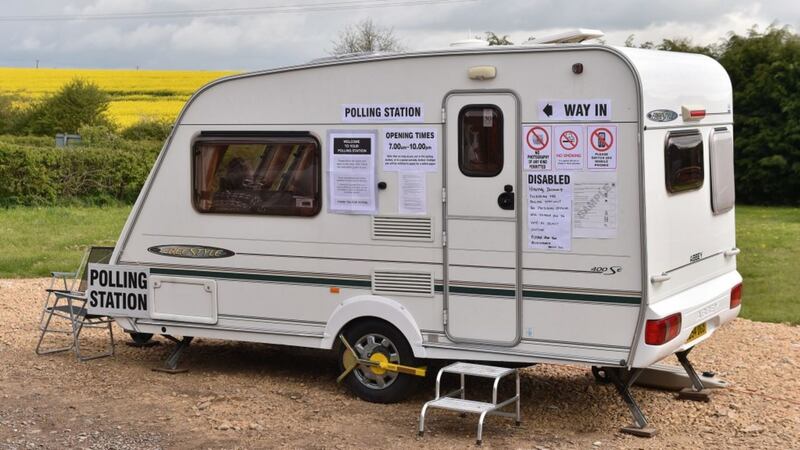With the British people going to the polls on June 8, the election machine has less than two months to put everything in place for polling day.
So how will it happen? We spoke to Peter Stanyon, deputy chief executive of the Association of Electoral Administrators (AEA), to find out about the work that goes on behind the scenes.
Is there a timetable?
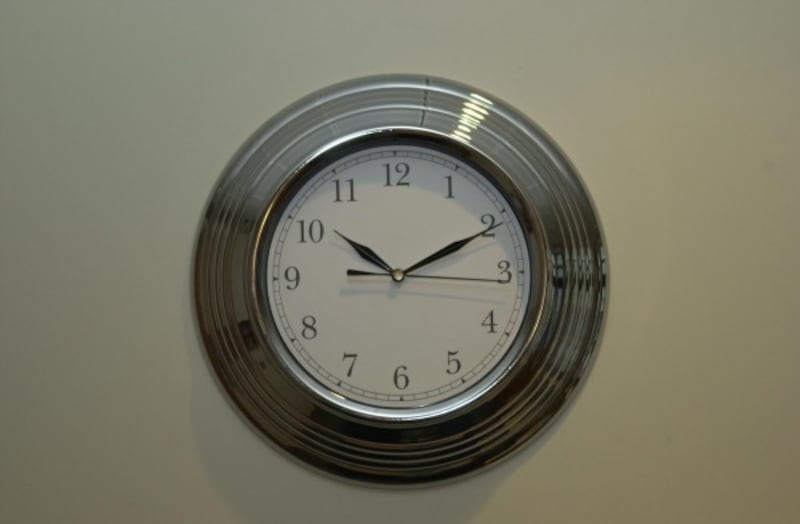
Yes. Although electoral officials will have been working hard from the moment Theresa May announced her intention to call a snap election, the formal process will kick off on May 3, when Parliament should vote to dissolve itself, officially setting the election in motion. This is 25 working days before the June 8 polling day.
One thing is for sure: they will have significantly less time to prepare than usual. “If the election was May 2020, preparations for that would have started far further in advance than they will clearly for June 8,” said Stanyon.
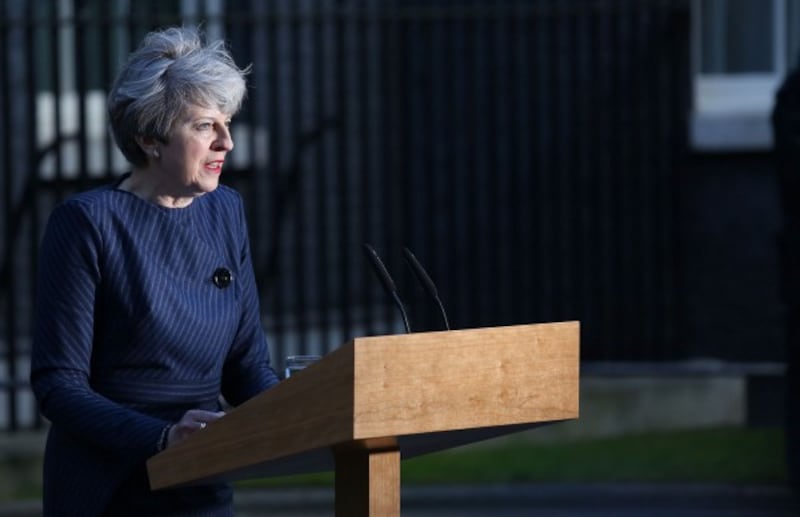
A vote to dissolve Parliament on May 3 will begin a process of formal notification to the public, delivery of nomination papers for parliamentary candidates, ensuring postal and by proxy votes are sent out and registered, registering new voters and a plethora of other jobs, all before polling day starts.
In charge of all this are the UK’s returning officers – one for each of our 650 parliamentary constituencies. The returning officer role is an honorary one usually held by a local council chairman or mayor. They appoint an acting returning officer, usually a senior council official, to carry out the role itself.
Stanyon said that before May 3, the Electoral Commission and the AEA will have to gather information and paperwork to answer candidates’ questions. He said: “There are already questions coming in, for example, ‘what are the expenses limits? What is the process for nominations?’”
What about booking venues?
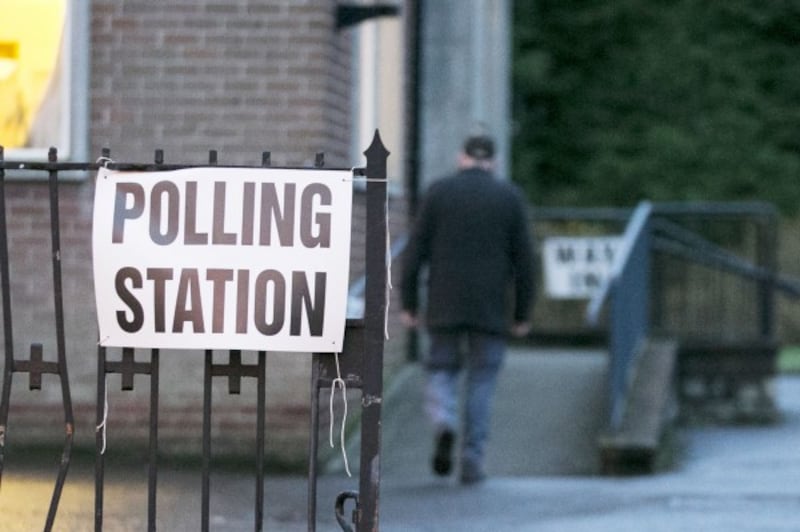
“Things such as booking of polling accommodation at schools or community centres will now have to be truncated into quite a short timescale,” said Stanyon. He said normally provisional bookings for count venues and polling stations would be made “potentially a year to six months out” from polling day.
Stanyon said some returning officers will struggle to book the venues they usually use as polling stations or counting centres due to the short notice and the time the election falls.
He already knows of constituencies where “the normal venues are not available because of other pre-booked events”. For example, secondary schools, which are often used as polling stations, will be in exam season.
Who prints the ballot papers?
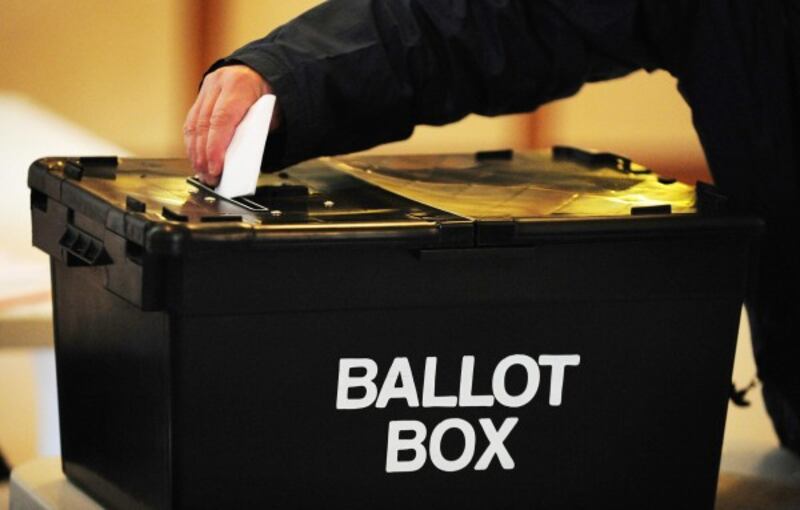
“A significant number of local authorities will not have internal print resource to be able to produce things like ballot papers, poll cards and postal voting packs,” said Stanyon. “So there will be a need to check the printing arrangements with the various printers around the country.”
Many local authorities will have a preferred printer they work with, but whether they are available is another thing.
Will they have to hire staff?
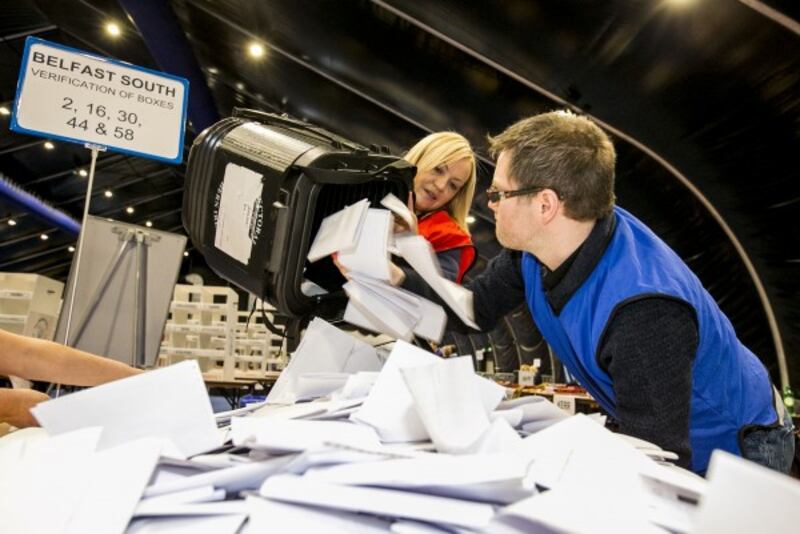
The returning officers will need to find presiding officers to oversee each polling station in their constituency, poll clerks to man the stations and counting assistants to count the votes, among other roles.
Stanyon said although general elections are rarely short on volunteers, “it’s a massive job to appoint all the temporary staff for that particular day”.
Permanent elections staff will be feeling the strain due to the high number of elections in the last few years, including the 2015 general election and the 2016 EU referendum.
“It’s a constant conveyor belt at the moment that is proving stressful to a number of people out there,” said Stanyon.
Could the vote be delayed?
This is a lot of work to pull off in two months, especially considering some constituencies will have local government and mayoral elections in May to contend with.
However, “if Parliament is dissolved on May 3, which is the formal starting gun… then there is a legal obligation on the returning officers for each of the areas to deliver regardless,” Stanyon said.
He told us the only way a vote would be delayed in a particular constituency is if there was a riot in a polling station, or a party candidate died. In both cases the vote would be delayed in this constituency only, and resumed later.
Peter Stanyon has worked in electoral administration for 30 years at four different local authorities. The AEA is a professional organisation for electoral administrators, providing advice, training and consulting on elections.
